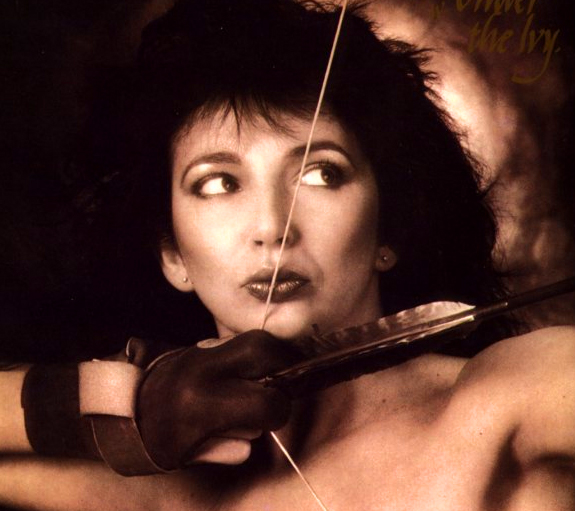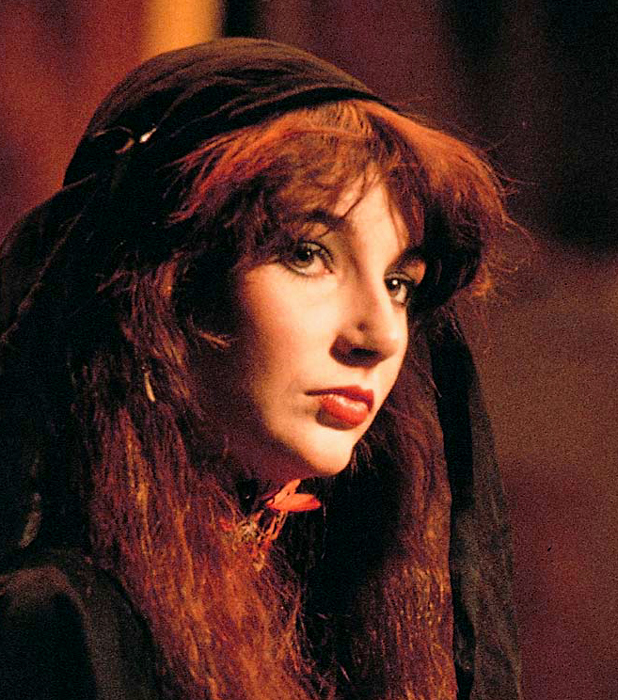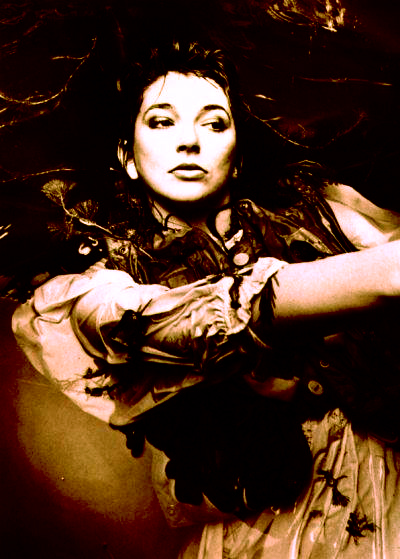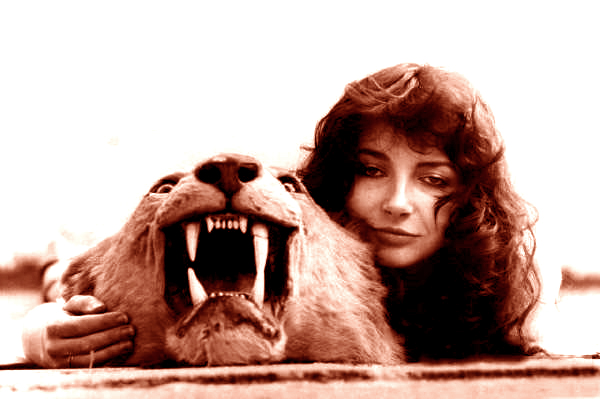
We were both terribly young in 1985. I was 25 and Kate Bush was 27. It was in the Autumn, and Kate was in NYC promoting her new album, Hounds Of Love. I was a freelancer at the time, and managed to sell a small portion of this interview to the Fairfield County Advocate (now called The Weekly). The full interview has never seen the light of day. Until now. Join a nervous young writer as he walks into a suite in the posh Parker-Meridian hotel in midtown Manhattan to sit with the talented Ms Bush...



